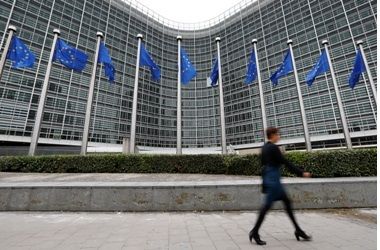At a time when the eurozone economy is flirting with the risk of lowflation morphing into deflation, there is a need for fiscal policy to play its part in supporting monetary policy.
Recent PMIs show divergence between how Germany and Spain are performing relative to France and Italy. Weakness is seen as justifying the need for leniency on meeting fiscal targets, but the EC seems to be signalling a willingness to reject the French 2015 budget (which seeks to delay the 3% deficit target until 2017) and maybe the Italian budget too (as debt ratios are rising). It worries that allowing flexibility for France and Italy would be seen as suggesting that budget rules are only to be imposed on the eurozone’s smaller countries.
While Germany likely understands the need for flexibility on fiscal policy, there is concern that France and Italy will take advantage of it, given their sub-par economic performance. But the experience of austerity during the height of the crisis in 2011 and 2012 has shown that it is self-defeating. Debt and deficit levels actually rise, not fall, as a result of austerity, due to the greater impact on GDP. In addition to the focus on fiscal multipliers, there is also the need for coordination between monetary and fiscal policy.
The ECB is taking bold steps to deal with a fragmented financial system and fight lowflation, but sees a need for fiscal policy to play a more positive role. Note Draghi’s comments at Jackson Hole when he explained the desire for fiscal policy to “play a greater role alongside the ECB’s monetary policy”. Behind this is a view that the eurozone faces an aggregate demand problem, but the focus from Germany on fiscal austerity is a big obstacle.
The ECB is not calling for profligacy, but an understanding that:
1) fiscal stimulus would help counter the ill effects of structural reforms, and
2) fiscal stimulus would make monetary easing more effective by increasing aggregate demand.
The battle between France/Italy and the EC/Germany on fiscal policy is important given that monetary policy is not a panacea.
